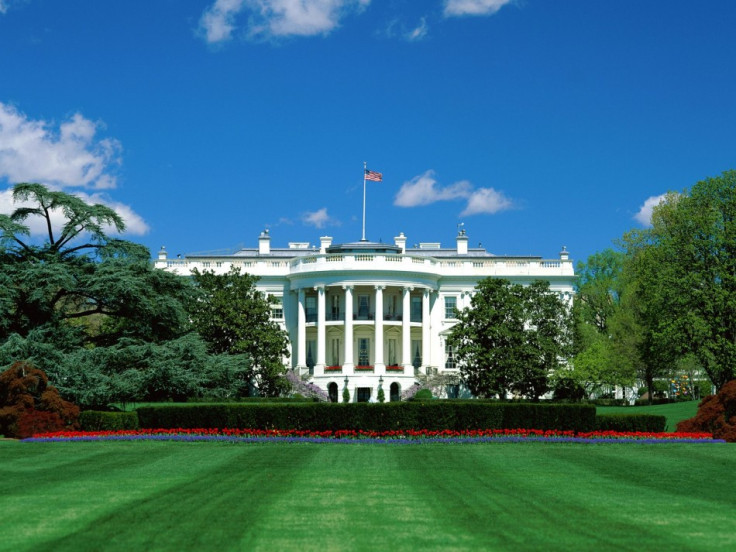Cispa Alarms Obama Officials Despite Facebook, IBM and Intel Support

The Obama administration has expressed reservations about the cybersecurity bill that would permit the US government to strengthen security networks against cyber-attacks and authorise companies to share confidential customer records and communications.
In a statement in The Hill newspaper, National Security Council spokeswoman Caitlin Hayden said: "While information-sharing legislation is an essential component of comprehensive legislation to address critical infrastructure risks, information-sharing provisions must include robust safeguards to preserve the privacy and civil liberties of our citizens.
"Legislation without new authorities to address our nation's critical infrastructure vulnerabilities or legislation that would sacrifice the privacy of our citizens in the name of security will not meet our nation's urgent needs."
While in favour of granting the government new regulatory powers to defend the US from cybercrime, the White House appears to have stepped forward in protection of privacy over security.
Supporters of the bill believe the ability to share information between private and public organisations is crucial to the future of internet security.
Cispa enjoys the support of more than 30 private major companies such as Facebook, Microsoft, Intel, IBM, US Telecom, AT&T and Symantec.
Facebook, which three months ago opposed the Stop Online Piracy Act and eventually helped defeat it, is now one of the staunchest supporters of Cispa.
The company's vice-president of US public policy, Joel Kaplan, recently issued an open letter justifying his backing for the bill. "One challenge we and other companies have had is in our ability to share information with each other about cyber attacks," the letter said.
"When one company detects an attack, sharing information about that attack promptly with other companies can help protect those other companies and their users from being victimised by the same attack."
But critics claim that the legislation contains few restraints on how and when the government may monitor private information and that it could end up damaging file sharers, rather than halting foreign spies or hackers.
Many civil liberties group such as the American Library Association, TechFreedom and the Electronic Frontier Foundation launched a "Stop Cyber Spying" campaign with anti-Cispa petition which has been already signed by 670,000 people.
The section that worries the most those groups is the one that states ""notwithstanding any other provision of law," companies may share information "with any other entity, including the federal government".
To protest against the bill, the Anonymous hacking collective has pledged to bring down the website of Intel and other companies that back Cispa. With a video posted on YouTube, the collective announced Phase Two of Operation Defense, an initiative to fight the bill.
Boeing was among the companies targeted in Phase I.
According to the collective, Phase II will start in two weeks and will include demonstrations in the streets.
"Attacks will not be limited to Distributed Denial of Service attacks," says the video. "Phase II will commence on May 1 and will include coordinated physical protests outside locations belonging to the corporations."
For further news on Anonymous's recent activities, check out the IBTimes UK Cyber Warfare section.
© Copyright IBTimes 2025. All rights reserved.






















